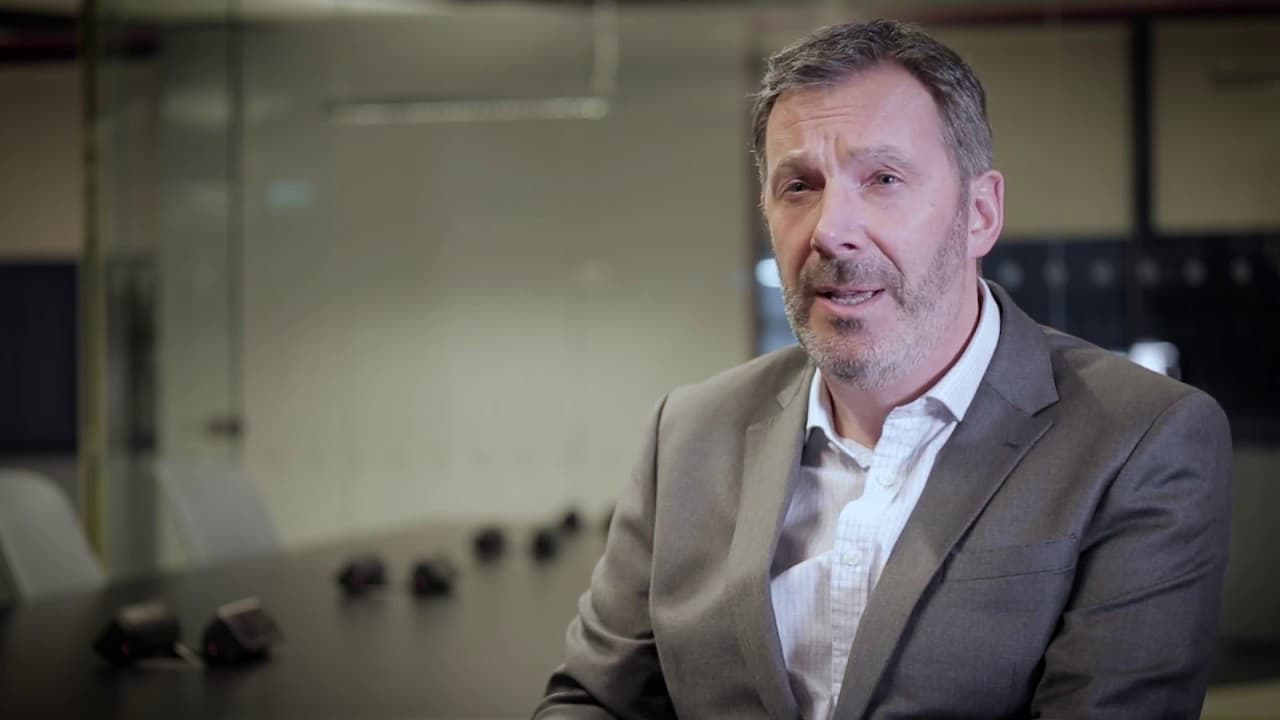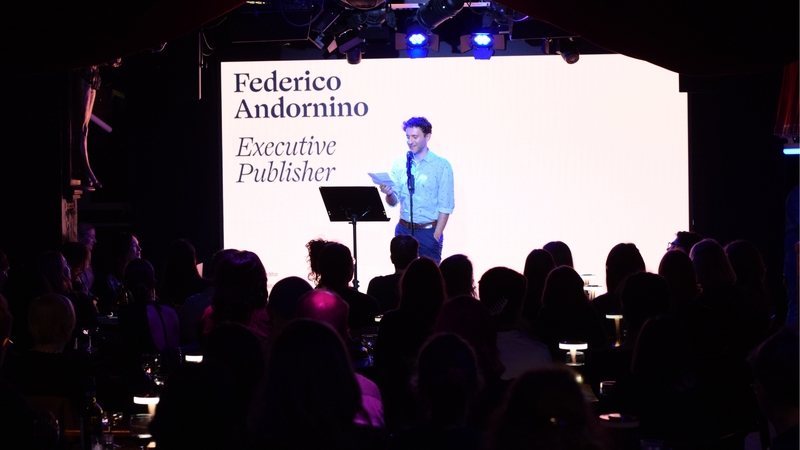You are viewing your 1 free article this month. Login to read more articles.
IEPA seeks to address education inequality exacerbated by schools’ lockdown closure
The Irish Education Publishers Association is intent on helping children whose wellbeing and education provision has been dented by recent school closures
A great many issues have risen to the surface over the pandemic period for Ireland’s schools sector, but perhaps none is more concerning for the country’s education publishers than how lockdown has reinforced social inequality.
This inequality was driven home by an emergency report by researchers at Maynooth University, released three weeks after the government closed schools on 12th March. The study, which surveyed more than 3,000 primary school educators from across Ireland, showed that one in five schools had no provision in place to keep in touch with pupils through lockdown; highlighted a stark digital divide; and raised concerns about the mental health and wellbeing of children from more disadvantaged backgrounds, for whom school can be a “safe space”.
These concerns were at the top of the agenda of the Irish Education Publishers Association (IEPA) the trade body whose nine publishers account for around 95% of Irish education book sales—for some time, and it is even more of a crucial issue post-Covid, says Andrew Miller, c.e.o. of Folens Publishers and the IEPA’s chair (pictured). “What we have seen is there is not an equal footing for all students in Ireland, socio-economically, or in their access to broadband, or in how schools are providing online classes. Our education system has a long way to go. Our role, and as frustrating as it can be at times, is to work out how best we serve all of these markets equally.
This home-schooling inequality further added to the long-simmering discussion of pricing: in Ireland the cost burden is on parents, who pay for textbooks and materials, not the schools. In January, the then-government launched a €1m free textbook pilot with 100 schools in disadvantaged areas (this on top of the €17m the Department of Education provides to schools for textbook rental schemes). With the lockdown the outcomes of the pilot have yet to be seen and the government has since changed—though previously the opposition said the €1m sum did not go far enough. Miller says: “What the IEPA wants to do is to try to make a fair and equal landscape for everybody. And in some ways, help remove the burden from parents because every year in the summer, parents, rightly so, often say the cost to go back to school is phenomenal. It will be interesting to see how the pilot is administered, but we’re trying to work with the Department of Education and otherstakeholders to find out how we can make this equitable for everybody.”
The Irish education system has a unique curriculum, which is one of the reasons why the biggest players in the market—Gill, educate.ie, the Educational Company of Ireland, C J Fallon, Folens, Forum, An Gúm, Mentor Books Primed and Veritas—are all home-grown, with no big multinationals trying to muscle in. The latest IEPA survey put members’ revenue at €54.1m, which is a fall of nearly 17% in the past 12 years. Sales have been hit by a dip in demand for textbooks, the second-hand market, and growth in those partly government-supported rental schemes. Digital as a paid-for resource is still very much in its infancy in Irish schools, with IEPA digital revenue at just over €495,000— around 1% of the market.
However, those figures are from 2018, as the IEPA conducts its survey every two years. So the impact of lockdown on overall sales, and whether the increased digital footprint of home-schooling will lead to a spike in e-revenues, is yet to be seen. Miller says: “We don’t have the data, but overall I think the industry will definitely be down. We did see a massive uptake in access to digital resources, but they were provided on an Open Access basis. So, that wasn’t a revenue booster.
“It will be interesting to see, after the summer of free access to digital resources during the lockdown, if the market will pay for resources that were made available at no cost. I think we have to make the argument that we’re no different to Spotify, no different to Netflix, in that you don’t get good digital content if it is not valued [monetarily].”
Yet the schools publishers are preparing for this autumn’s term in whatever form that will take, as there has been no clear indication as yet whether students will return to classrooms, remain home schooled, or a combination of both. Ultimately, Miller says: “Our role is to provide content, no matter whether it’s digital or in textbook format or blended, and especially since Covid, it’s about having that balance of trying to make sure you have enough resources to complement the curriculum in a format that works.”















